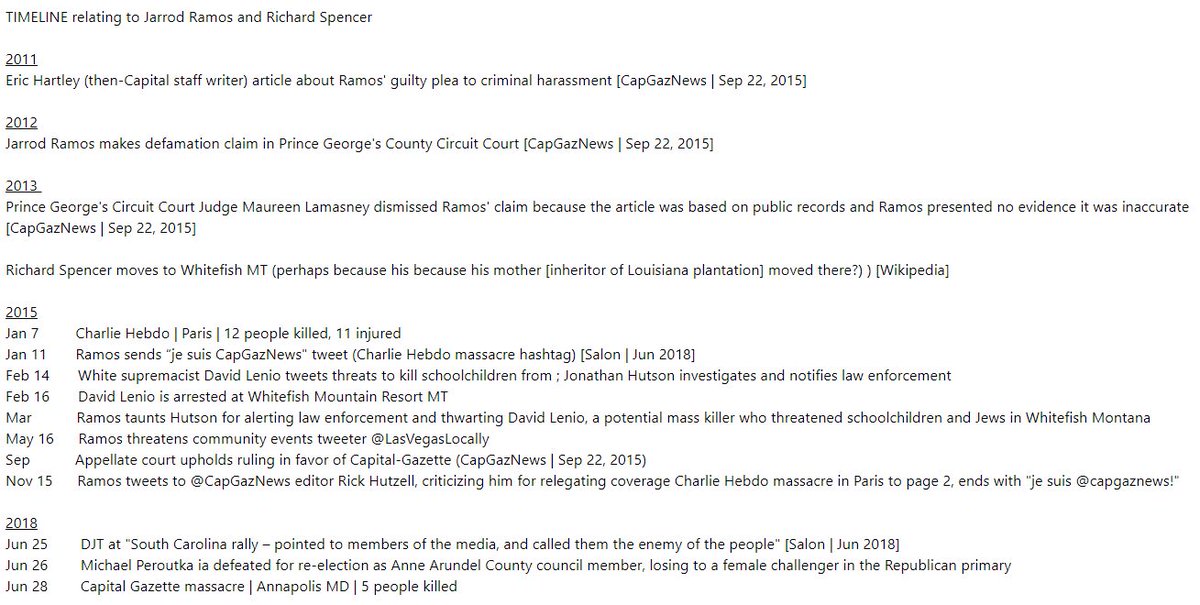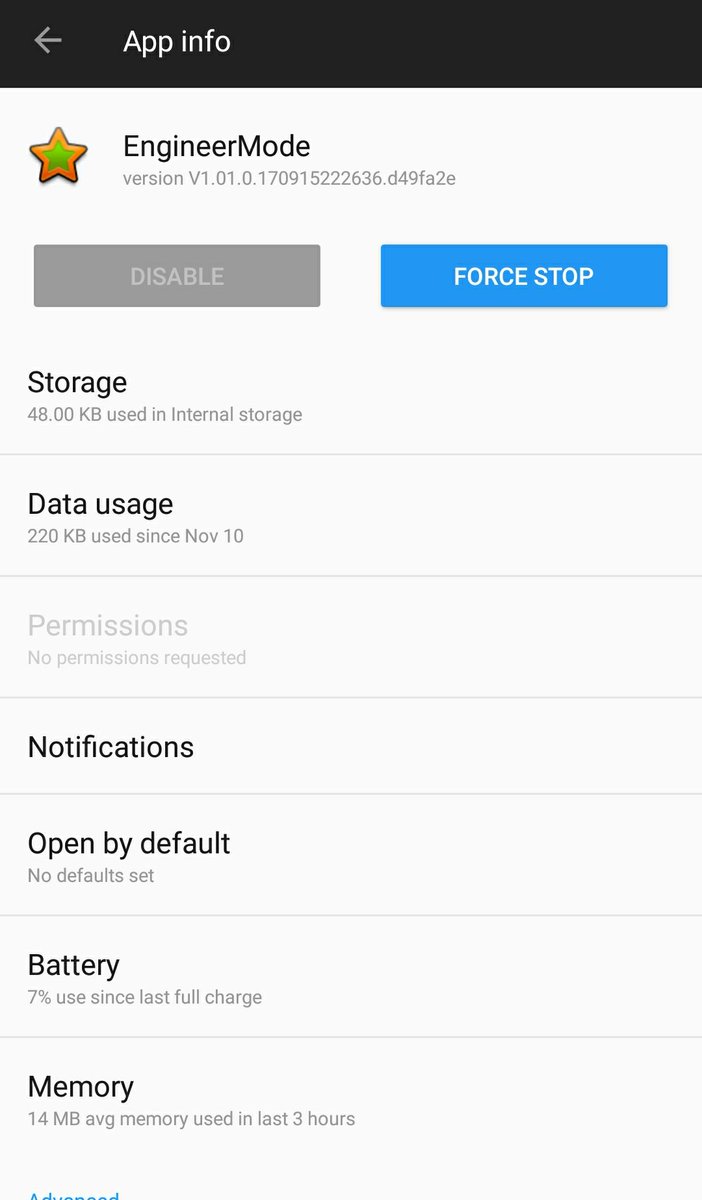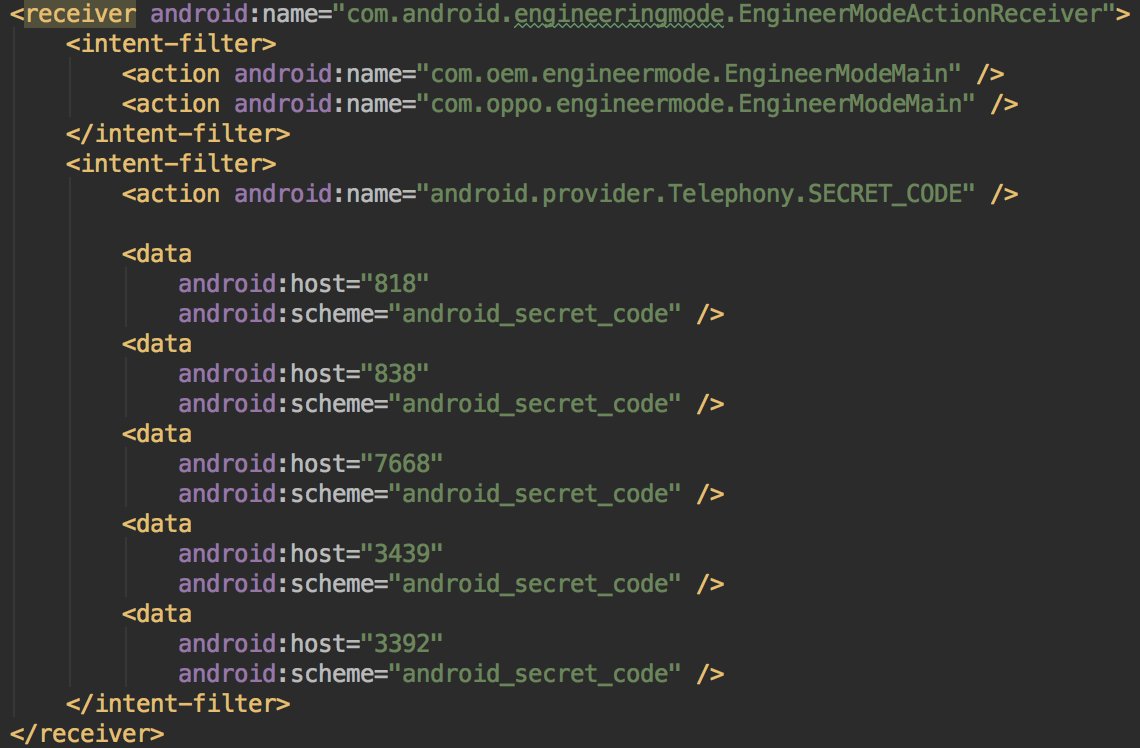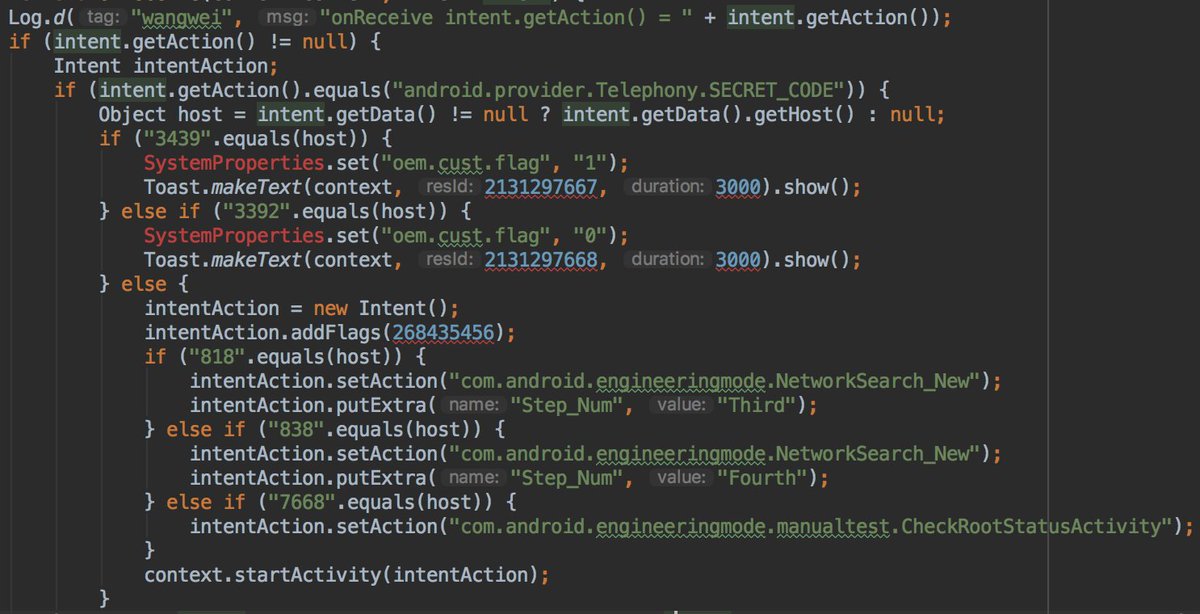Chief Justice: So your case is that we should not grant prayers D to F
Chandrachud J: Can the Court enforce every part of Article 51A? That's very dangerous.
Mr. C.U. Singh: Indeed, it will open the floodgates.
Mr. C.U. Singh: Article 51A is not enforceable.
Siddharth Luthra Sr. Adv. (amicus curiae) takes the example of environmental litigation.
Mr. Dwivedi: We amended our petition and we have now challenged it.
Mr. Biju: This will reduce the order to a mere suggestion.







